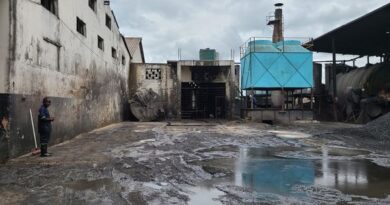FISP: A Robust Policy Supporting Agricultural Productivity
As Zambia grapples with the critical challenge of food security, there is a resounding call for the timely delivery of essential farming inputs, underscoring the significance of the Farmer Input Support Program (FISP) as a strong policy system driving agricultural productivity.
The urgency for the prompt delivery of vital farming inputs resonates on both a personal and national level. Advocates stress the critical role of these inputs in averting looming food shortages that the country may face. This call for action aligns with FISP, which has over the years emerged as a cornerstone of government policy aimed at fostering high levels of productivity in the agriculture sector.
Agriculture, often termed the backbone of the nation, has the unique capacity to uplift many from poverty, especially those in the low-income bracket. Timely delivery of farming inputs is thus not just commendable but considered a crucial component of securing the nation’s food supply.
Acknowledging past challenges, advocates of FISP emphasize the importance of learning from past mistakes. A comprehensive review conducted in the last fiscal year identified various misnomers and leakages within the system. It is hoped that these findings will serve as a roadmap to fine-tune policies, ensuring more efficient utilization of resources in this high-impact sector.
Zambia boasts an impressive 42 million hectares of arable land, but only a fraction, a mere 15%, is currently under cultivation. This stark discrepancy underscores the pressing need for government support in terms of farming inputs to harness the vast potential within this sector.
The Ministry of Agriculture, at the helm of government support for the agricultural sector, has demonstrated its role as a robust economic buffering system. However, to maximize its impact, the sector necessitates special mechanisms for monitoring and evaluation at all levels of the value supply chain. These systems will provide vital data to gauge the true economic impact and effectiveness of policies.
In a nation that relies heavily on agriculture, FISP emerges as a powerful policy system that not only supports farmers but also plays a pivotal role in ensuring food security and economic growth. With an eye on the looming food crisis, a renewed commitment to timely delivery of farming inputs under FISP is seen as a beacon of hope to elevate the nation’s agricultural productivity and secure the well-being of its citizens.



